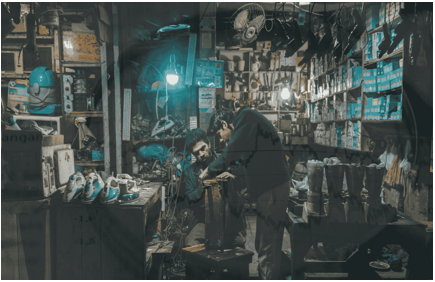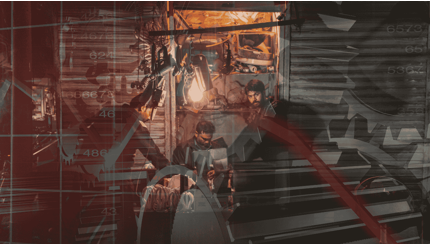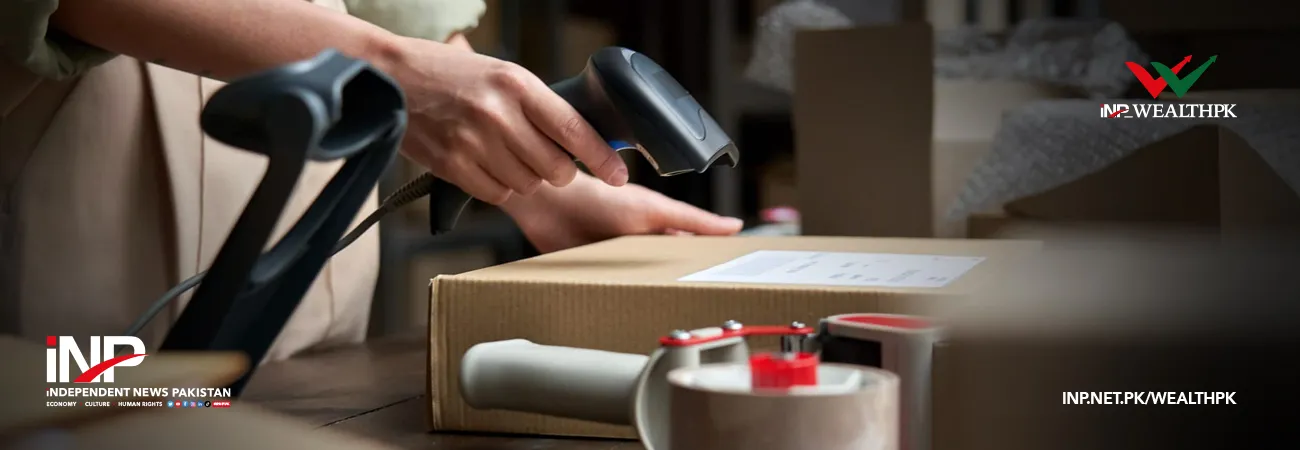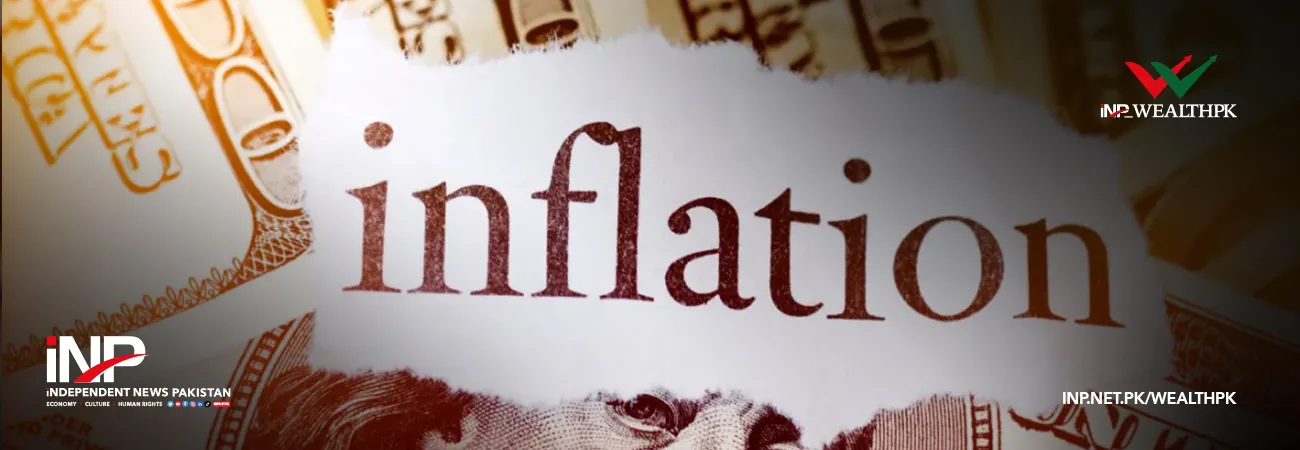آئی این پی ویلتھ پی کے
Muhammad Saleem
The government must ensure a level playing field for the informal economy to gradually broaden the tax net. An aggressive or coercive approach will only backfire and lead to distrust and unemployment, which will not bode well for the country's economy in the current situation.

Dr. Khalid, an economics teacher at a state-run university, said this while talking to WealthPK. The informal economy is a significant player in Faisalabad district’s trade, accounting for a substantial 30-40%. He said that beyond large industrial units, a myriad of small businesses, cottage industries, and self-employed workers were contributing towards strengthening the economy. “The surging raw material costs, new taxes and energy crisis have taken their toll on the informal economy. It is a good sign that the government is striving to expand the tax net but it should not permit the Federal Board of Revenue (FBR) to crack down on the business community in its bid to broaden the tax net under the IMF pressure.
The informal economy – though a challenge for any nation – requires a nurturing approach rather than coercive measures,” he opined. Dr. Khalid believes that lack of trust in government departments, due to the perceived issues of transparency and fairness, is a major reason behind the reluctance to formalize businesses. He expressed concerns that the FBR’s current drive will not stimulate economic growth but scare off the informal sector, which was already struggling with the soaring inflation. To encourage formalization, he urged the government to launch some incentives for those outside the tax net. He argued that when people already felt the pinch of price-hike, how could small traders, workshop owners, auto repair shops, street vendors, and others be expected to willingly pay taxes to the FBR.
He said the informal sector now provided jobs and livelihoods for millions and was considered as the backbone of Faisalabad's economy. Any sort of dent to this sector in the current situation will lead to unemployment, he cautioned. Dr. Khalid said the small enterprises in Faisalabad and other areas were important incubators for new ideas and products and these should not be killed only to expand the tax net. “I would recommend a more gradual, tailored approach - perhaps starting with tax amnesties, simplified registration, and access to financing and training programs to help small businesses formalize at their own pace. We must refrain from aggressive enforcement which will lead to trust deficit, anxiety and uncertainty,” he added.

Asad Mahmood, owner of a small industry, emphasized the indispensable role of the informal economy in both employment and economic dynamism. Talking to WealthPK, he said these small enterprises were actively working and responding to the market demand. However, he expressed deep concern over the recent tax collection drive, which he believed was sowing the seeds of fear among the small business owners. Claims of harassment from tax collectors, unfair tax demands, and strong-arming to register for GST and other taxes are putting a damper on the investment climate, he added.
Under such circumstances, he fears the business owners may opt to shut their shops or further go underground to avoid the inconvenience. Instead of addressing their concerns, he said, the small business owners are compelled to consider relocating or shifting operations outside the city to avoid the FBR scrutiny. “We must rethink our perception of the informal sector as mere tax-evaders. We are already paying multiple taxes. We need incentives, not penalties, to foster business growth and a sustainable economy,” he added.
Credit: INP-WealthPk












